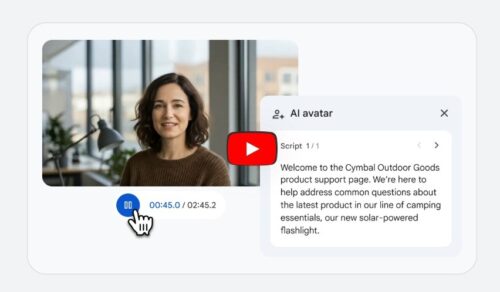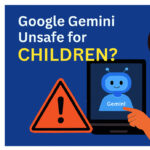
Two writers, Grady Hendrix and Jennifer Roberson, filed a lawsuit against Apple. They say Apple took their books without asking to teach its new AI system, called OpenELM. They want Apple to pay them money, stop using their books, and delete any AI files that include their work.
Legal and Ethical Implications
If the court certifies this as a class action and ultimately rules in favor of the authors, the decision could:
- Force Apple and other tech giants to negotiate licensing deals with publishers and authors before training AI.
- Create clearer guidelines around what constitutes permissible “fair use” for large-scale text data.
- Slow down the pace of AI development as companies build explicit acquisition and compliance workflows.
At stake is not just money, but the boundaries of creativity, innovation, and the rights of content creators in the digital age.
Why This Matters To Creators
For anyone who writing content—bloggers, YouTubers, educators, and scriptwriters – this lawsuit is a wake-up call.
- Review your work might be used by AI platforms and whether you need explicit licensing agreements.
- Consider watermarking or metadata tags in digital manuscripts to trace unauthorized use.
- You should be updated about emerging legislation or industry standards that could empower content owners.
Source : Reuters




